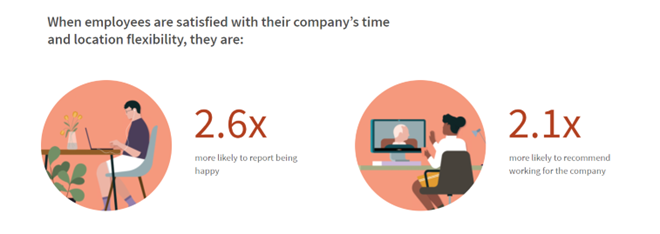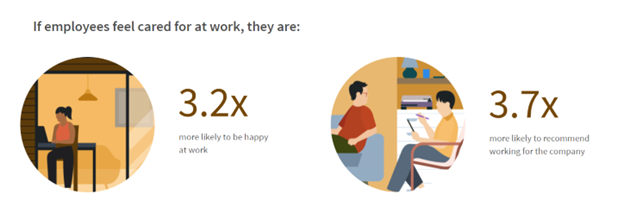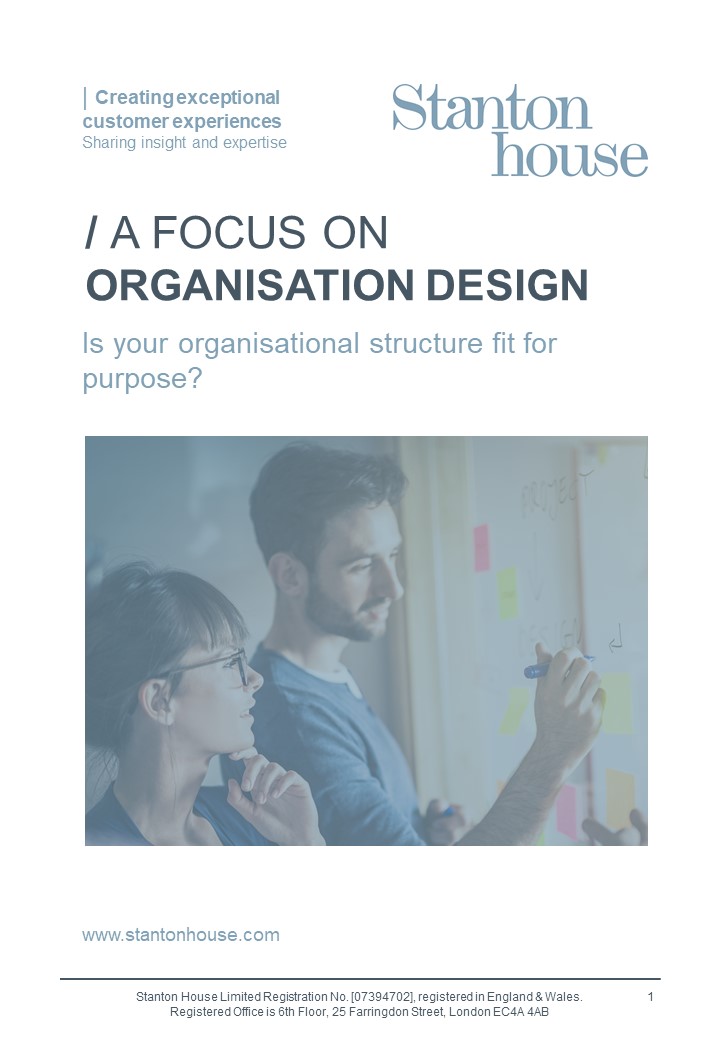

Looking back over the last few years it’s easy to forget what our working lives looked like pre-pandemic. So much has changed in the workplace since 2020 and with that, a sense of what makes a job desirable for employees has also shifted.
Over the last year especially, there has been a huge increase in the number of candidates leaving their old jobs for new ones, with many citing that they were searching for a ‘better company culture’ as their primary reason for leaving. In a global trend hailed as the ‘Great Resignation’, the US alone saw an average of 3.95 million workers quitting their jobs every month in 2021, the highest average on record.
But many workers aren’t just leaving the workforce altogether; millions are reconfiguring their careers in what is now being called the ‘Great Reshuffle’. In a candidate short market, workers have more say and are making deliberate choices as to where their careers are heading next. Many are shifting into new industries and jobs that offer higher wages or align more with their values. Research by LinkedIn shows:

It’s clearly never been more important for companies to focus their efforts on engaging and retaining their people. So, why are people leaving in the first place? What kind of company culture do individuals now seek? And how can employers evolve their workplace culture to meet employee expectations?
Burnout is a contributing factor
Google trends data shows that searches for ‘burnout symptoms’ increased by 75% in the last year and by a staggering 248% since 2018. Many people have shifted from five days a week in the office to working from their kitchen table whilst still managing various challenges at home.
Our personal and working lives have thus become increasingly blurred. Leaving many employees feeling exhausted, burnt out and ultimately turning to recruitment agencies to seek a fresh challenge - where work can fit better around their personal lives.
Can we take some lessons from Portugal?
Portugal has taken an interesting and proactive stance against these blurred lines by being the first country to ban bosses from texting or emailing their staff after contracted hours
As part of these laws dubbed the ‘Right to Rest’ there are also new rules on allowing staff with children to work remotely without seeking prior approval from their employers.
Importantly, measures to tackle the isolation and loneliness remote workers can feel are also included, with companies expected to organise regular face-to-face meetings.
Could interventions like these help more employers attract and retain the talent they need? The Portuguese government certainly believe that these enhanced labour protections will help attract more talent into the country and LinkedIn research also shows:

Flexibility means more than just working from home
It’s clear that more people are seeking hybrid (home / office) working models or even jobs that are fully remote. For most, a full working week in an office just isn’t feasible anymore, and more and more people have proven to their employers that they are just as productive at home. According to LinkedIn, there has been an 83% increase in job advertisements mentioning ‘flexibility’ since 2019 and over two-thirds of US users are now seeking fully remote roles.
However, flexibility is so much more than just homeworking. As Mary Alice Vuicic, the CHRO of Thomson Reuters concluded,
“We’re seeing people wanting much more flexibility so that they can fit work into their personal lives, as opposed to fitting their personal lives into work.”
9-5 is increasingly being referred to as ‘old fashioned’ whilst flexible hours, work from anywhere and the four-day week are becoming common trends.
Whilst it might be tempting to write a strict policy for your employee handbook, it’s important to remember that flexibility will mean something totally different to every individual in your business and a super strict policy might actually be less flexible than intended!
One person might appreciate starting later to accommodate the school run, but another might be jetting off to see family in South Africa and wanting to work remotely for three weeks.
There really is no one size fits all when it comes to offering flexibility, so my advice to employers is to be flexible with your flexible working!
It’s all about having clear boundaries and setting the tone. Instead of saying “you can only use flexible hours on XYZ occasions” why not flip that to something less restrictive? At Stanton House, we have a ‘commitments to each other’ document which essentially outlines what flexible working means for our business. For example, we are explicit that ‘flexible hours’ means you can work your contracted hours whenever this works for you BUT, the customer always comes first. Don’t forget to re-communicate your commitments around flexible working to any new starters during their onboarding (get that on your new starter checklists, HR!) and remember you don’t have to tackle this alone, get the right people involved and ask for your employees’ opinions.
Show your employees that you genuinely care
It goes without saying that some degree of flexibility has to be part of what any business offers to its employees in 2022. However, employers are realising the importance of this within the context of caring for the physical and emotional well-being of their workers. Professionals want to feel valued and to be seen first and foremost as human beings. When employees feel like their voices are being heard, they’re more likely to be satisfied with their jobs and less likely to experience burnout.
It’s no secret that happy employees are more productive and according to LinkedIn’s research, employees that feel ‘cared for’ are more likely to be happy and endorse working for their employer.

Increasingly leadership teams are being asked to embrace flexible working by taking opportunities to work flexibly themselves, thereby modelling to others that this kind of working practice is ok, is part of the workplace culture and that presenteeism isn’t rewarded.
I believe that true well-being means allowing employees time to recharge and I wholeheartedly agree with Jen Fisher’s quote here that burning the midnight oil really isn’t a sustainable model:
“In the workplace, we shouldn’t value and celebrate the people who stay up all night and burn the midnight oil, because that doesn’t really produce great results for the person or the organisation. It’s not a sustainable model.” Jen Fisher, Chief Well-Being Officer, Deloitte
Ultimately the desire for better work-life balance, flexibility and wellbeing are all huge drivers of the ‘Great Reshuffle’. Employers that focus their efforts here and speak to these areas in their Employer Value Proposition (EVP) will have a competitive advantage in the war for talent.
And as the originator of the term ‘The Great Resignation’, Anthony Klotz says,
“If the pandemic has a silver lining, it’s that it hopefully led to a permanent improvement in the world of work.”
Opportunities at Stanton House
Our people are everything and when looking for new people to join us, we don’t look for a “Culture Fit”, we look for “Culture Add”. We fully embrace flexible working and prioritise the well-being of all our staff.
We aren’t concerned about background or experience, and we certainly aren’t looking for a certain type of personality - so long as you are values aligned, hardworking and have a sense of humour, I’d love to hear from you!
We are currently looking for people to join, so if you have 10 years of recruitment experience or zero, please get in touch today if you want to be part of our success story! meg.appleby@stantonhouse.com
Similar blogs

.jpg)



